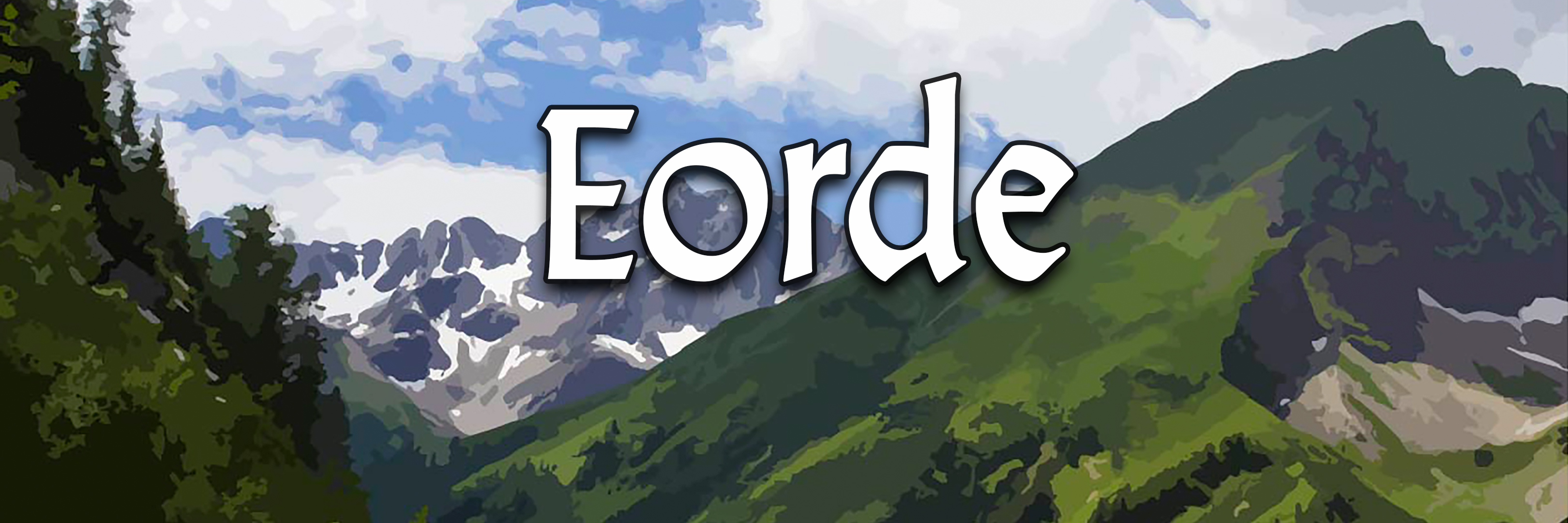Spowl Silk
Qletus stared at the rising sun on the horizon, the crisp air paired well with his coffee. Taking in a deep breath, he dusted off his boots and trekked into the yard. He had to make sure that the arboretum's door was completely shut and locked, to make sure the spowls did not get out. There was only one pair of keys, and Qletus clutched them tightly in his hands.
The arboretum was musty, the spowls preferred a muggy environment, it seemed to be better for their webs, the giant network of nests and webs that dominated the space. Qletus looked into the corners and spotted a spowl, a beast about the size of his torso, with large wings that stretched out one and half meters, eight legs that each had three talons. Their wings hid the large body which was plump and nonthreatening, but he could never look them in the eye. Each spowl had eight eyes on their head, with two in each cardinal direction, it was next to impossible to sneak up on a spowl, and Qletus was sure that he never wanted to be near a wild spowl.
Domesticated spowls were not a problem, they mainly roosted in their nest, occasionally waddled across their webs, but they mainly slept, a lot. The spowl that stared down at him was barely awake, Qletus could tell by its movements. He continued to wander through the arboretum, in search of their hoard. The spowl hoard was the reason that people began raising and domesticating spowls, their silk. The spowl would eat all manner of things, from grasses, to fruits and vegetables, but they loved mice and other rodents the best. The spowl would digest the food and it would turn it into silk, different from the webbing, because the silk is what the spowl vomits back up.
Qletus found the hoard and began looting the silk into his rucksack. The grey sticky, unrefined spowl silk would fetch him a high price at market where they would turn it into armor for adventurers. Having collected his prize, Qletus turned to leave and reached for the keys. They were not there... "How long has that spowl been following me?"
Properties
Material Characteristics
Spowl silk is originally a grayish white color but is often dyed into vibrant greens and reds. It is a strong and elastic material that can be woven into tough and protective clothing. While not particularly soft or smooth it is still comfortable enough to wear.
Geology & Geography
Spowl silk comes from domesticated spowls and is mostly found in Westreach.
Origin & Source
Spowls have been domesticated for their silk and meat for over a millennia.
History & Usage
History
Silk from spowls was first used over a thousand years ago during the early years of the The Westreach Federation. Farmers found that the grayish gob that the spowls regurgitated could be stretched out and spread into thin strands. These strands were very strong and could then be woven into fabrics that were more protective than cotton or wool. Spowl silk grew quickly in popularity for those who braved the wilderness or extreme climates of the world. Eventually it became the default material for adventurers, hunters, and pioneers.
Everyday use
Spowl silk is used in fabrics for clothing fit for adventurers, pioneers, hunters, and explorers.
Refinement
As a Spowl goes through its normal life it occasionally vomits up a gray goop of bones, silk, and other various things that it could not digest. The silk itself can be saved and separated from the rest and pulled into thin strands. These can then be woven together into shirts or pants. In Alteria there have been factories that have sprung up that expedite the refining process but for the most part is done by Spowl Farmers in villages.
Type
Textile
Odor
none
Color
Grayish
Remove these ads. Join the Worldbuilders Guild









Loved the idea of these creatures and that their silk isn't something they intend to produce but a bi-product